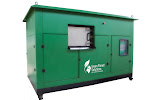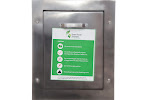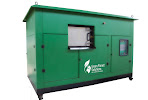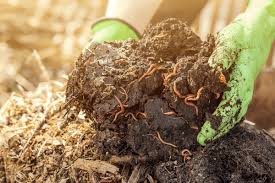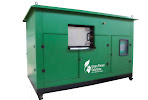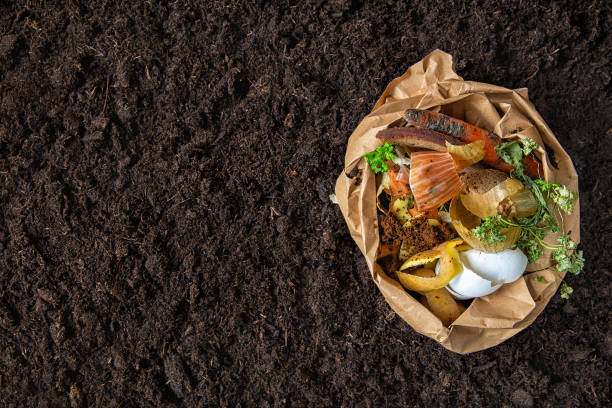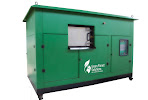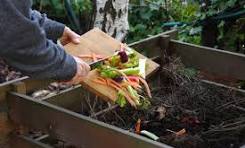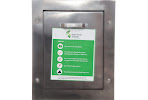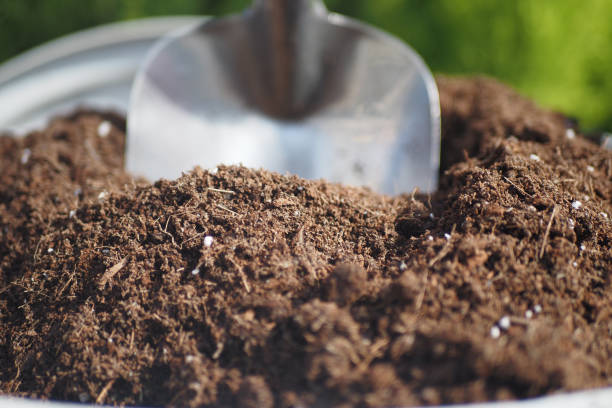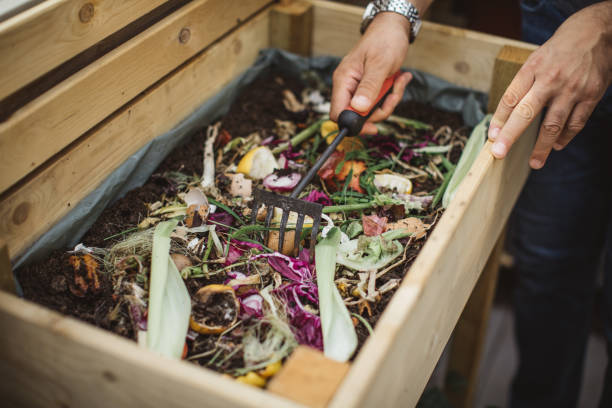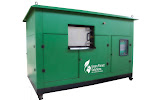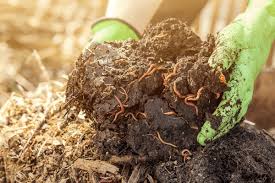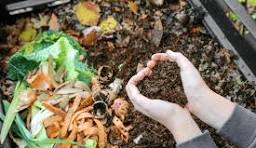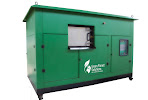ENQUIRE NOW FOR BEST COMPOSTING MACHINES IN INDIA –https://share.hsforms.com/1d12AT_oJScm8iiXbjSrEIwrh2r7UIRE
Introduction – The Composting Revolution Has Begun
India is entering a waste management revolution — and composting stands at the heart of it. Between 2025 and 2030, the focus is shifting from traditional compost pits to AI-powered, data-driven composting machines. As smart cities rise and sustainability becomes a business mandate, companies and institutions that adopt next-gen composting solutions will not only comply with regulations but also generate measurable profits from waste.
For smart businesses, housing societies, hotels, and food industries, composting is no longer a “green choice” — it’s a strategic advantage.
ENQUIRE NOW FOR BEST COMPOSTING MACHINES IN INDIA –https://share.hsforms.com/1d12AT_oJScm8iiXbjSrEIwrh2r7UIRE
♻️ The Changing Landscape of Composting in India
By 2030, India aims to divert more than 80% of its organic waste from landfills. Government mandates, rising landfill costs, and corporate sustainability goals are driving this transformation.
Here’s what’s shaping the composting landscape:
- Smart City Missions integrating decentralized waste processing.
- Municipal bylaws mandating on-site composting for large waste generators.
- Technological innovation in IoT, automation, and energy-efficient composting.
- Carbon credit opportunities for compost producers and green waste processors.
ENQUIRE NOW FOR BEST COMPOSTING MACHINES IN INDIA –https://share.hsforms.com/1d12AT_oJScm8iiXbjSrEIwrh2r7UIRE
⚙️ Future Trends (2025–2030): What’s Next in Composting Technology
1. AI-Driven Composting Machines
Composting machines are getting smarter. Artificial Intelligence and machine learning now monitor temperature, humidity, and aeration to ensure perfect compost every time.
Benefits:
- Reduces manual monitoring
- Predicts compost maturity
- Optimizes energy consumption
- Increases compost yield
Example: Future-ready composters from companies like Green Planet Solutions Pune already feature auto-mix, odor-control, and remote monitoring — helping businesses stay compliant and efficient.
2. IoT-Based Remote Monitoring
Smart sensors connected via the Internet of Things (IoT) allow real-time monitoring of composting parameters. Facility managers can track performance through dashboards, even on mobile apps.
Impact:
- Predictive maintenance reduces breakdowns
- Alerts ensure compost quality control
- Data logs support ESG and CSR reporting
ENQUIRE NOW FOR BEST COMPOSTING MACHINES IN INDIA –https://share.hsforms.com/1d12AT_oJScm8iiXbjSrEIwrh2r7UIRE
3. Solar-Powered Composting Units
With India’s solar capacity booming, solar-powered composters are emerging as a sustainable and cost-saving innovation. They reduce operational costs by 20–30%, making composting even more viable for rural areas and institutions with high power costs.
4. Modular and Compact Machines
Urban India struggles with space. Between 2025–2030, expect compact modular composters that can fit into small society basements or restaurant corners while processing hundreds of kilograms daily.
5. Bio-Enzyme & Accelerated Composting Agents
Innovations in bio-culture enzymes are cutting composting times from 30 days to as little as 24–48 hours. These agents also reduce odor and increase nutrient retention in the compost — making it more valuable for resale.
6. Integration with Carbon Credit Programs
Businesses that compost organic waste can now earn carbon credits, adding a new revenue stream. Between 2025–2030, carbon markets in India will increasingly reward decentralized waste processors that lower methane emissions.
7. Government Push and Green Financing
The Indian government’s 2025-2030 Waste-to-Wealth roadmap includes incentives for on-site composting equipment. Businesses adopting eco-tech can benefit from:
- Capital subsidies (up to 50%)
- Property tax rebates for sustainable waste management
- Green loans for composting infrastructure
- Recognition under ESG reporting frameworks
💼 Why Smart Businesses Must Invest in Composting Now
Adopting smart composting solutions offers tangible ROI:
| Benefit | Impact |
|---|---|
| Cost Savings | 40–60% reduction in waste disposal & transport costs |
| Revenue Generation | Sell compost to landscapers, nurseries, or farmers |
| Brand Reputation | Enhance ESG and CSR credentials |
| Compliance | Align with 2025 waste management rules |
| Carbon Advantage | Earn credits for reduced methane emissions |
By 2030, businesses that act today will own the sustainability narrative in their sector.
Primary Keywords:
- composting technology India 2025
- smart composting machines India
- future of composting 2030
- AI composting systems India
- waste management technology India
Secondary Keywords:
- IoT composting machine
- eco-friendly waste solutions
- automated composting units
- carbon credits composting
- on-site composting business benefits
Power Words:
Revolutionize, Transform, Breakthrough, Future-ready, Proven, Intelligent, Sustainable, Growth
Emotional Words:
Empowered, Confident, Proud, Secure, Inspired, Responsible, Green
Uncommon Words (for authority):
Circular economy, biodegradation kinetics, resource recovery, smart analytics, decentralized infrastructure
Common Words (for clarity):
waste, compost, machine, India, smart, business, green, technology, future
Meta Title:
Future Trends in Indian Composting Technology (2025–2030) | Green Planet Solutions Pune
“The future of composting is smart, profitable, and sustainable. Don’t get left behind — partner with Green Planet Solutions Pune today and be the change India needs.”

– https://www.thegreenplanetsolutions.com/
 – +917722073961
– +917722073961
Instagram – https://www.instagram.com/greenplanetolutions2013?igsh=MTQ5MWxpeng5dmtvaA==
Facebook – https://www.facebook.com/share/19Eim5u2Ep/
Linkdein – https://www.linkedin.com/company/green-planet-solutions/
Threads – https://www.threads.net/@greenplanetolutions2013
YouTube – https://youtube.com/@greenplanetsolutions2013?si=0gkKEahaaB5z6csm
#SmartComposting #WasteToWealth #GreenPlanetSolutionsPune #FutureOfComposting #SustainabilityIndia #CompostingMachines #ZeroWasteBusiness #CircularEconomy #AIComposting #EcoInnovation
🧭 Conclusion – Composting for the Next Decade
The 2025–2030 decade will define how India manages its waste — and how businesses redefine sustainability. Smart composting machines will merge AI, IoT, and green energy to turn waste into wealth.
For forward-thinking organizations, composting is more than compl
